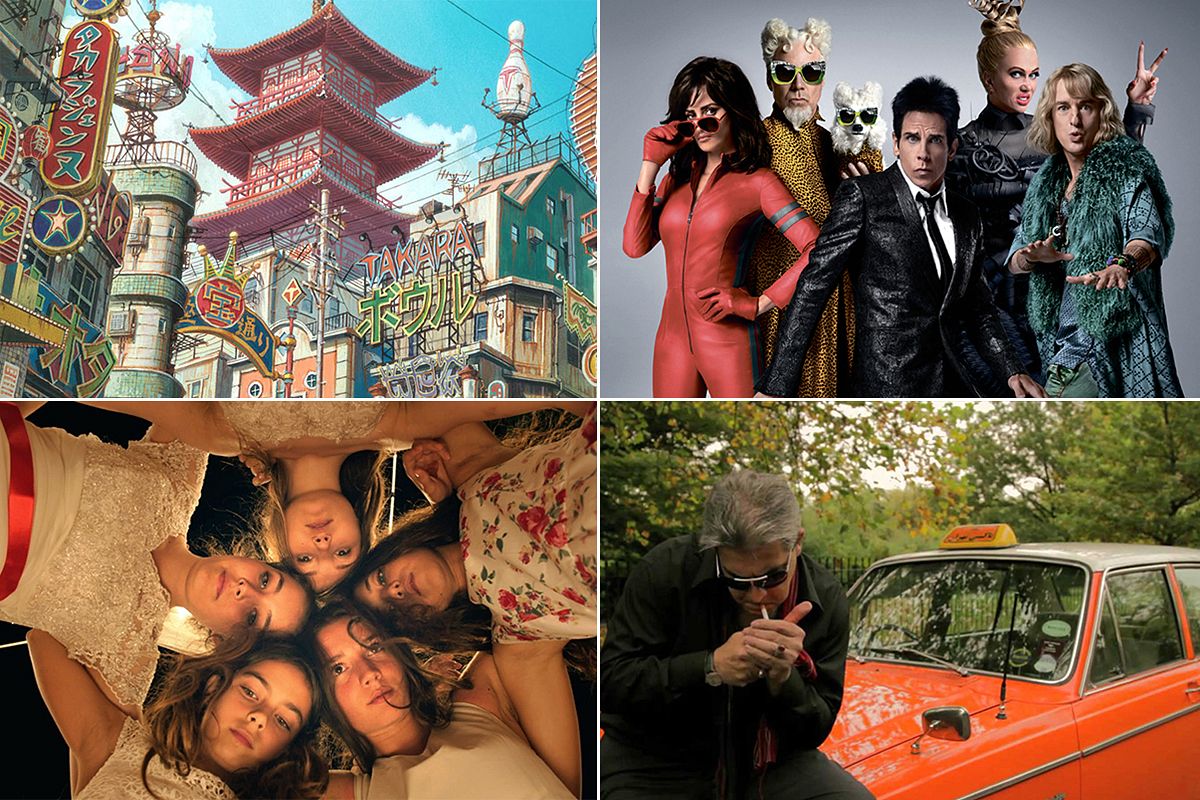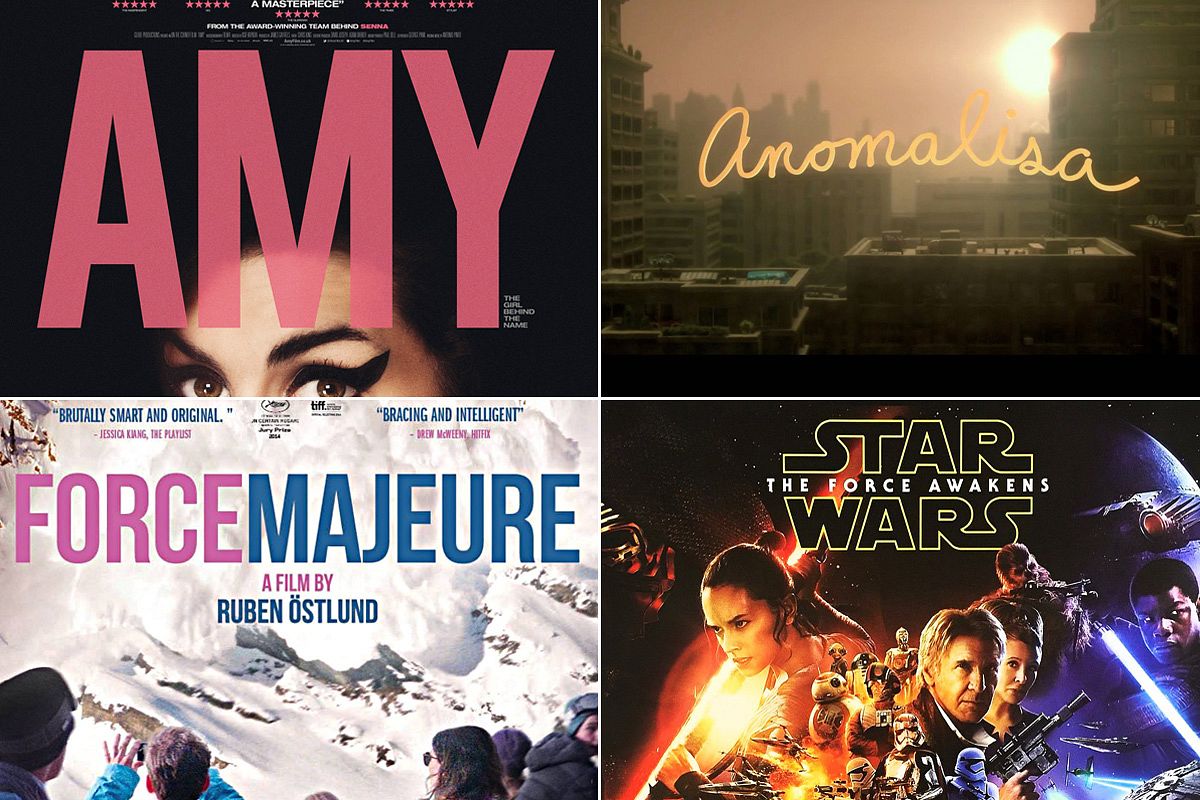For his first-ever feature film, Truong Minh Quy spent two months waiting around for it to rain.
“The rain is very crucial to the film,” the young filmmaker tells Saigoneer. With minimal film equipment and only the skeleton of a story, the Saigon-based filmmaker returned to his parents' house in Buon Ma Thuot. From there, it was simply a matter of time and circumstances.
“I don't know if it's global warming, but it doesn't really rain anymore so we had to wait,” he says. “I wanted to shoot the raining in the forest, so everyday I watched the weather forecast. The forest is maybe 40 kilometers [from my house] so we go to the forest and we wait and there's no rain, so then we [go home] and we come back later. That process took a lot of time, just to shoot the rain.”
You've got to hand it to him: the guy has patience. After more than a few trips to the forest – never mind the Herculean task of directing your own parents on film – Quy returned to Saigon two months later with the raw footage for City of Mirrors, an artful part-fiction, part-documentary retelling of his parents' love story, starring his mother and father as themselves.
“Gradually, I've forced every member of my family to [appear] in my films,” he jokes. “I think that is very crucial to this movie, because even with [the same] story, even with [the same] production but with other actors, it is not the film I want anymore. I consider this not only a film; it somehow has personal meaning. [City of Mirrors is] the archive of your family, your very small and secret history.”

While the film is slowly becoming a reality, Quy is still seeking additional funding to bring it through post-production. An IndieGogo crowdfunding page is now live, soliciting donations to complete the piece. Though crowdfunding is still a relatively new practice in Vietnam, and Quy himself admits he's not much of a social media maven, the filmmaker hopes to supplement any additional funding he receives with online contributions.
For the initial production of City of Mirrors, Quy was able to secure a budget through the Danish embassy's Cultural Development and Exchange Fund (CDEF), allowing him to spend those two months in Buon Ma Thuot. Though he considered waiting for additional funding to cover the film's post-production before beginning to shoot, the young filmmaker felt he couldn't delay its production.
“Actually, the budget [CDEF] gave me is small compared to the other productions, but I used that to make the film because I could not wait,” Quy says. “If it were a film about a fictional story with professional actors or something I could wait, but for this film, because I made it about my family with my parents in the film, I know that the situation will change, the people will change, so I have to do it.”
In the end, Quy's bare-bones production lends the film's raw footage a more personal feel. Minimal lighting, handheld camera work and family members as actors give the story a slightly rough-around-the-edges quality which Quy embraces. During production, for instance, the filmmaker would only show his parents their lines just before rolling the camera.
“I like that clumsiness,” the filmmaker explains. “If I let them learn by heart the dialogue maybe it's better, but it's just the method of working for this film.”
Moving forward, with several short films under his belt and this full-length undertaking still in the works, Quy aims to continue his ambitious goal of making at least one film a year. Since the former film school student left the Ho Chi Minh City University of Theater and Cinema in 2010, Quy has managed to maintain this level of output despite the challenges of funding independent films in Vietnam.
“It's like a psychological motivation,” he explains of his decision to drop out of film school. “You have to push yourself into a very risky situation.”
While risky situations can make for added stress, Quy is optimistic about the state of independent Vietnamese cinema and how it fits into his style of filmmaking.
“Even I am still confused about the 'independent' term because we cannot [make films] alone, so independent doesn't mean that we do everything alone,” says Quy. “I think it's a matter of life that we have to compromise at some point, so I think, in terms of being independent, it means that you know when you need to compromise and when you cannot.”














